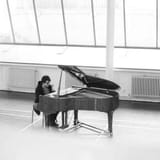Neeta Helms, Founder and President – Classical Movements
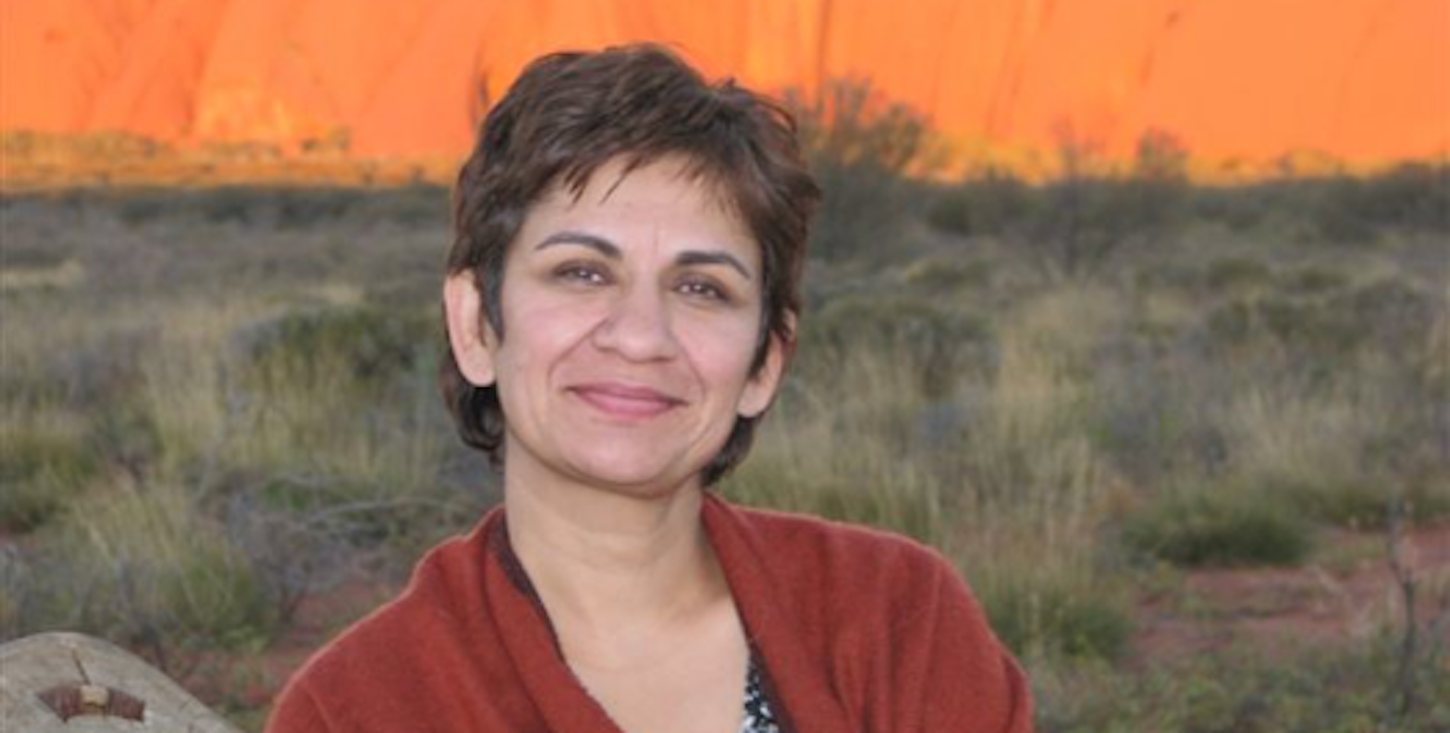
Nikhil Sardana: What is Classical Movements? When did you set up your company? What is the vision and purpose of this organisation and where is it headed?
Neeta Helms: Classical Movements is a premier concert touring company that was started officially in the year 1992. We work with very professional Symphony Orchestras of the most famous brand names in the world. We also work with top conservatories, Community Youth Orchestras and National Youth Orchestras of several countries. In addition, we are highly prominent in the choral world where we have everything from some of the loveliest boy choirs to children’s choruses as well as big symphonic choruses.
We are the only company in the books in 145 countries which is a stupendous reach in terms of the world. We also run four of our own choral festivals and recently launched a huge summer academy in Prague which is both for voice as well as instrument orchestras. So, that is what we do – we are in the world of music and travel.
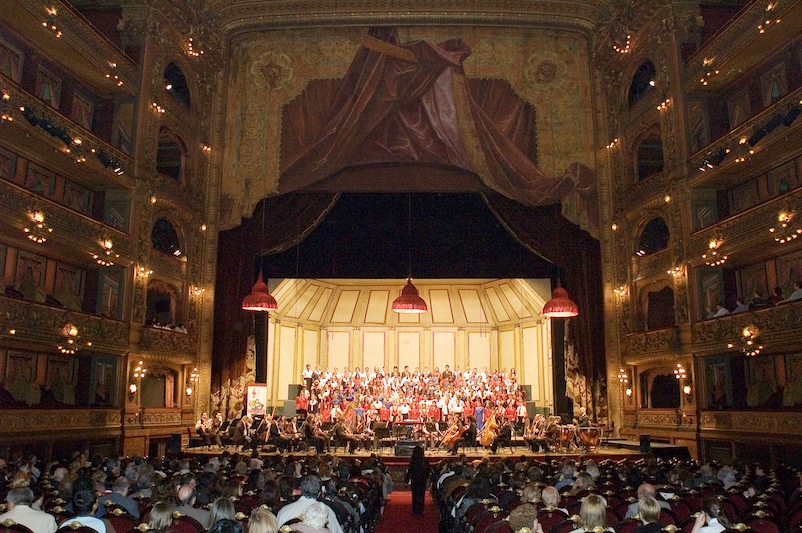
NS: Tell us about your parents. What inspired you to work in this field?
NH: My dad was in the government service sector in India. He was a great lover of music and played a critical role in terms of what existed with Western classical music in the 60s and 70s – first with the Paranjoti chorus in Bombay where I was born. Dad was the secretary of the Paranjoti chorus and was a friend of Victor Paranjoti. He was a great tenor and arranged their first tours to Europe in 1961 and in 1966. When my sister and I were born, it was quite natural that we would always be listening to all the musical greats.
My mother was a schoolteacher at Loreto Convent in New Delhi and sang with the Paranjoti chorus. She went to Europe in the first tour but then could not do the next one because my sister and I needed her attention.
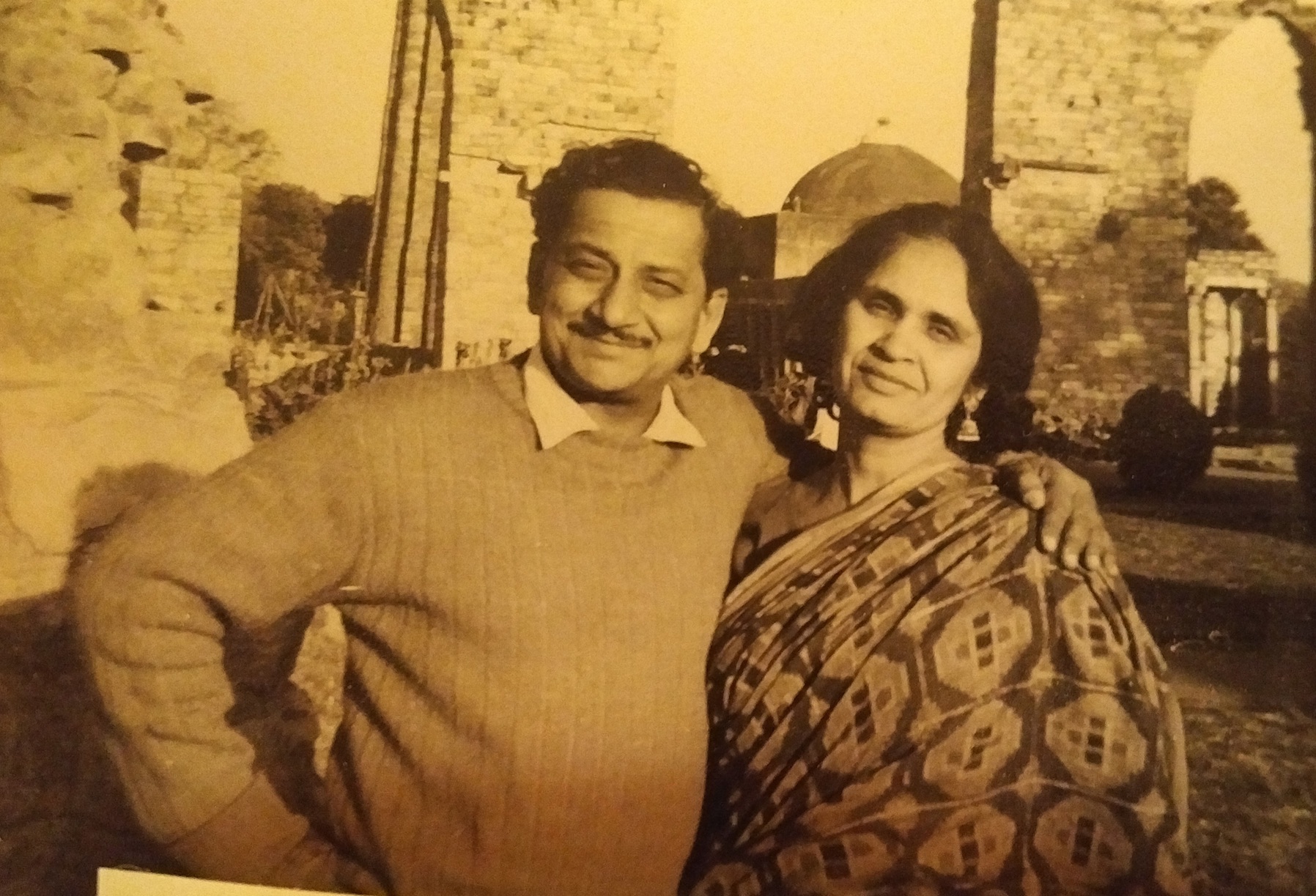
It was a fantastic life growing up in New Delhi. We had our piano lessons at the Delhi School of Music which didn’t have a building initially. Dad and the principal of the school, Hosie Palamkote, approached Dr Karan Singh to help them find the land in Nyaya Marg and then they built the Delhi School of Music just near the U.S. Embassy. Dad was chairman of the Delhi School of Music and was involved with the Delhi Music Society with Harold Joseph as the conductor of the Delhi Symphony Orchestra. During the Cold War, some of the greatest musicians, orchestras and ballets from the Soviet Union, United States, England, France, Italy etc. would visit India. Flights would stop in Bombay on their way to Hong Kong, Japan or Australia. Another good reason why they would come was due to a small audience for Western classical music in India with the combination of the embassies, expatriates, Goan and Parsi communities. We would go to all these concerts and hear some of the greatest artists. This had a deep impact on my life.
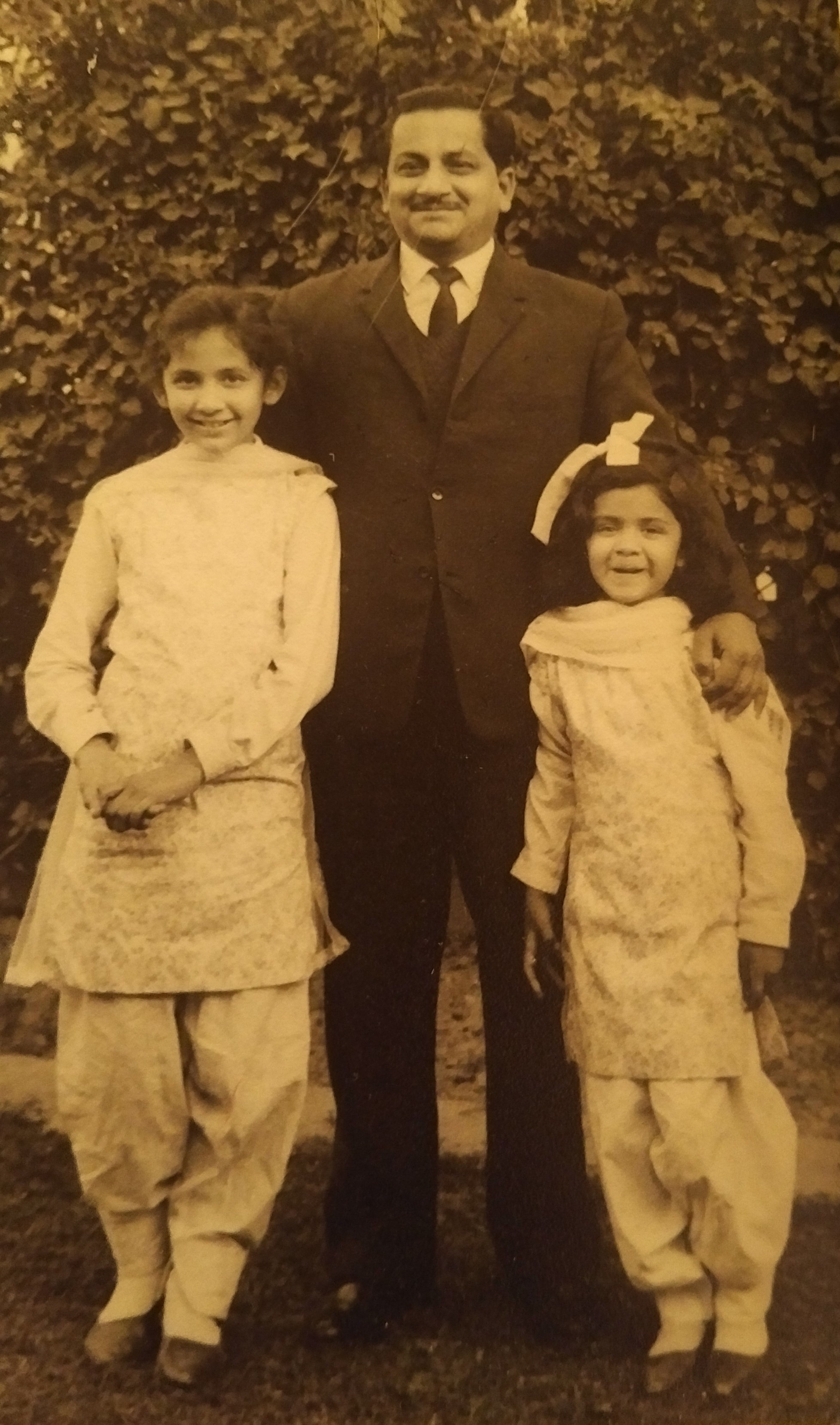
After working for several years in Bombay, I was posted in New York by the Tata Administrative Service. I decided to start this company with my then husband because we saw this opportunity with the Soviet Union collapsing and realising that this whole world had opened. The first countries we started with were Russia and Ukraine. We sent thousands of people from our end that were highly education and passionate about music. Our tours were extremely cultural – they’d all go to the Bolshoi and the Mariinsky.
The first musical group we sent was the National Symphony Orchestra with legendary Russian conductor and cellist, Mstislav Rostropovich. It was one of the great musical events in the world covered by international media. In fact, it was the first concert in Red Square that was not a military parade. Over a hundred thousand people were in attendance. I saw how music could change things and how representative it was of people coming together. People wept with joy for this great American orchestra and chorus that was sharing their music with the Russian people after decades of hostility. It was a very powerful moment in history.
We suddenly became very well known in the music world. More and more groups started contacting us as they were so happy with our product. We rapidly started adding countries including all of the Baltic nations, Czech Republic, Poland and Eastern Germany. We added South Africa in ’94 when Mandela got elected President, Vietnam in ’95 when America opened its diplomatic relations, Cuba, Turkey and the list goes on. We were attracting all these people that were lovers of culture.
And that’s my passion – taking the world’s great artists to other parts of the world and sharing their music.
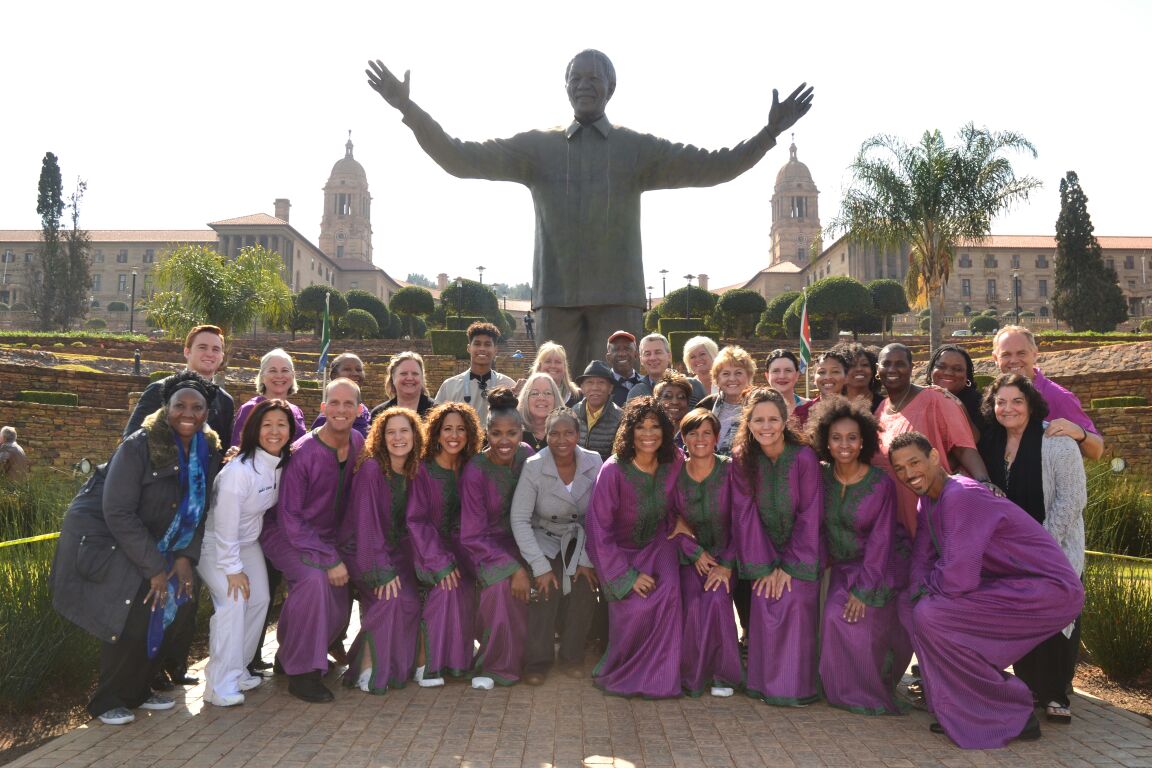
NS: What challenges do you face when it comes to touring? What gets on your nerves?
NH: Airlines get on my nerves. They are absolutely the most difficult part of our job. We are subject the whims and fancies of every natural, biological or political problem that can happen in this world.
Last year in 2016 was the Zika virus. We had projects in Brazil and Costa Rica which were rerouted to Spain and Ireland respectively. These projects were just months to go after everything was in place. It’s been Ebola – a project in Ghana that we took to Europe. It’s volcanoes erupting endlessly and no flights going out. Russia going into the Crimea and then the whole of Eastern Ukraine being a problem as the instruments cannot pass from Moscow to Hungary and driving them through would just be out of the question. There have been political and visa issues as well. These are some of the everyday challenges in our business and we have always worked our way through it all.
There are others issues that are far more interesting and self-created, for example, the creation of the YouTube Symphony Orchestra with Google that used technology to conduct thousands of auditions around the world and then flying these individual musicians with their instruments to Carnegie Hall or the Sydney Opera House. I particularly remember getting a military jet to fly out the Iraqi National Symphony Orchestra to the United States at a time when we were still at war with them and planes could not fly easily out of Baghdad. The list goes on and on but those are choices that we as a company make because I love what the results are!
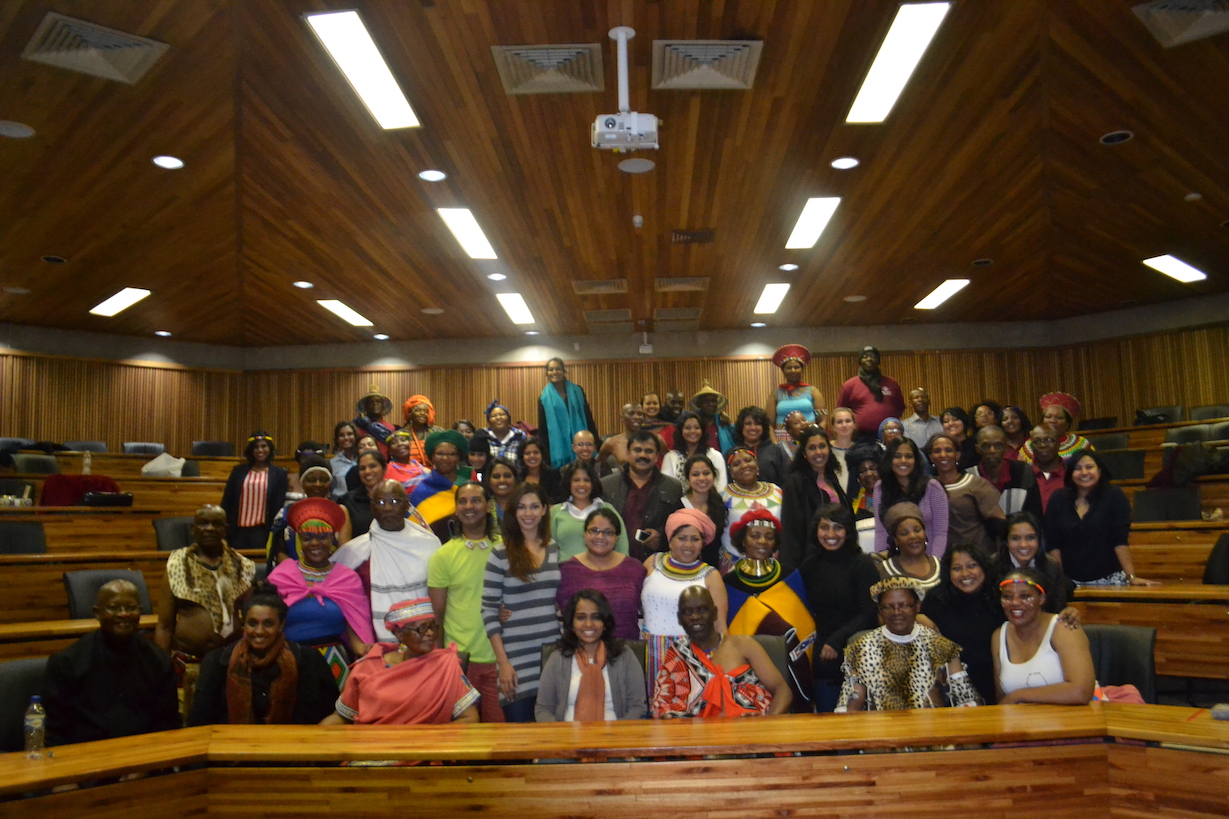
NS: There are so many things that could go wrong before every tour. What keeps you motivated?
NH: Our goal is to make sure that these challenges do not come around or to circumvent them and find solutions. When there are a million dollars’ worth of tickets that have been sold for a concert at the Salzburg Festival or the Edinburgh festival, we’ve got to get our orchestra there. We do not want to read about ourselves on the front page of the newspaper or have a cancellation. So, we always make sure that doesn’t happen to the best that we can and we’ve been good at that.
What keeps us motivated is the joy of the results! We do about 55-60 of these projects a year and with different organisations that are going on major tours across countries like Cambodia, Vietnam, France, Japan or Australia. It’s just so fantastic to see these full halls and audiences responding the way they do. I mean there could not be a greater gift. I’m living my dream right now!
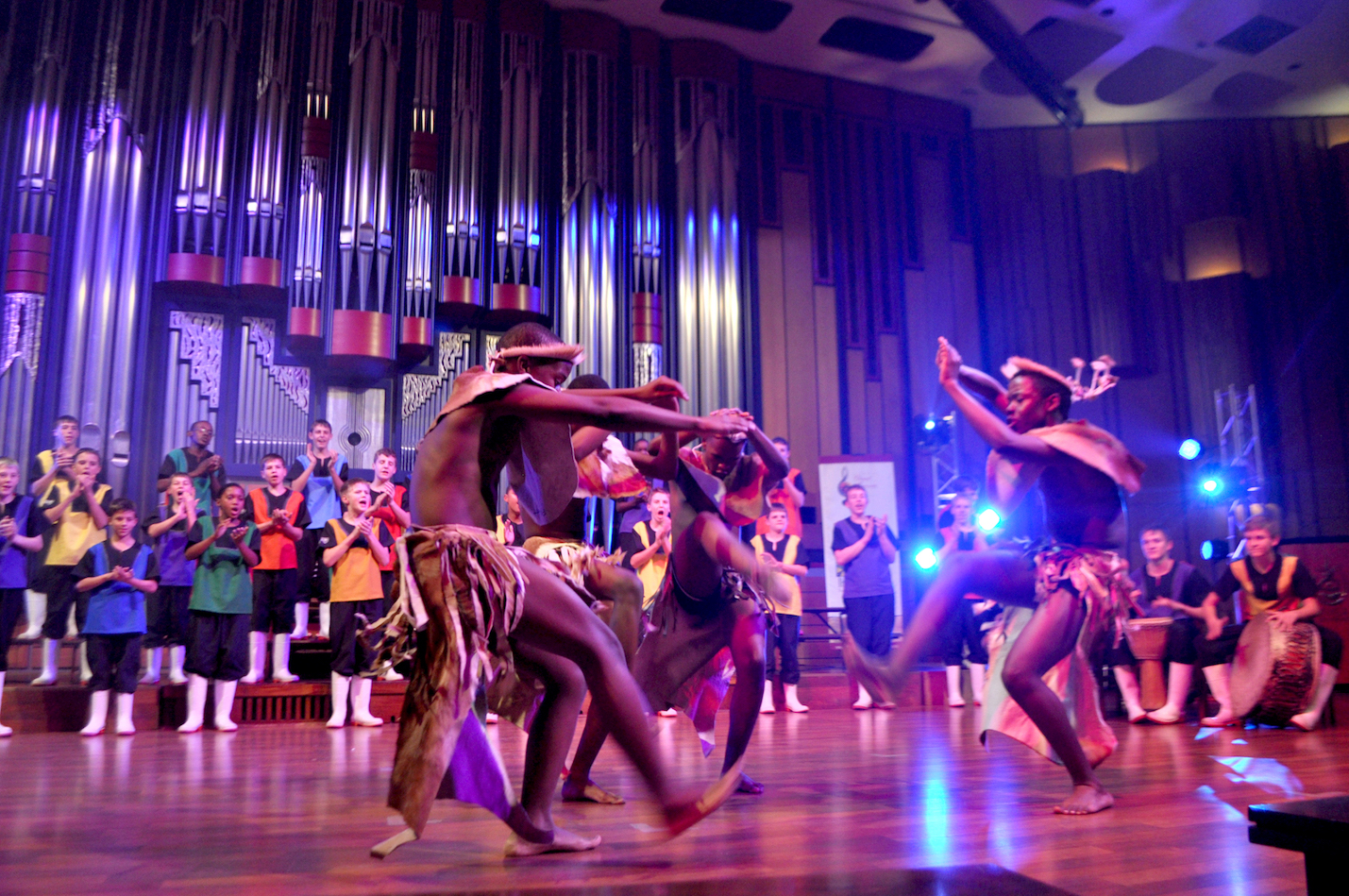
NS: What plans do you have for India? Where is music headed here?
NH: That’s a great question because as an Indian I work so much in all these other parts of the world and it’s been a disappointment that I haven’t done more in India.
I am overjoyed to see that the world of Western music growing here. My theory for why it’s not been as prominent as it is in countries like China or Thailand is because Indian classical music is so vibrant and well-established with its roots so deep that Indians haven’t had to search for Western classical music. I am seeing a huge number of new musicians, especially for studying the piano and violin, followed by the voice and guitar.
We have a very significant project that is coming here next month in March 2017 which is from the Juilliard School of Music, one of the world’s greatest conservatories of music, and the Yale Institute of Sacred Music. I’m very excited about that because I think there is no more interesting country in the world for sacred music than India. We are bringing these two groups together and are going to be doing a tour with performances in Delhi, Mumbai and Chennai. And it’s going to be a combination of performances, exchanges, masterclasses and a lot of outreach as well.
Yale Schola Cantorum and Juilliard415 Tour India
NEW DELHI | Bahá’í House of Worship
Date: SUN, MARCH 12
Time: 6:30 p.m.
Tickets: FREE (Reservations via Eventbrite)
MUMBAI | National Centre for the Performing Arts, Tata Theatre
Date: THURS, MARCH 16
Time: 7 p.m.
Cost: Rs. 500 & 300
CHENNAI | Government Museum Theatre (Juilliard415 Only)
Date: SAT, MARCH 18
Time: 7 p.m.
Tickets: FREE (Reservations via Eventbrite)
CHENNAI | Sir Mutha Venkatasubba Rao Concert Hall
Date: SUN, MARCH 19
Time: 7 p.m.
Cost: Ticketed Event
CHENNAI | St. Mary’s Church (Yale Schola Cantorum Only)
Date: SUN, MARCH 19
Time: 9 a.m.
Tickets: FREE

